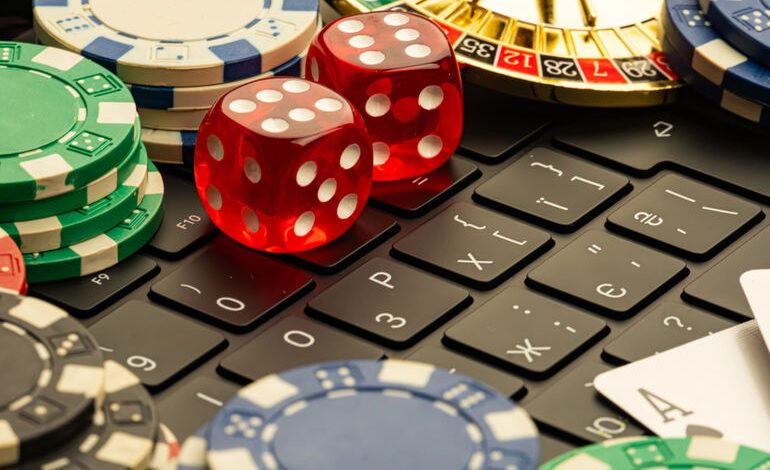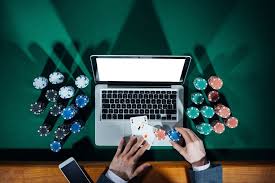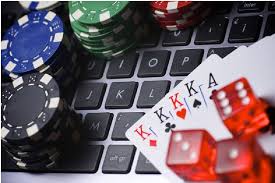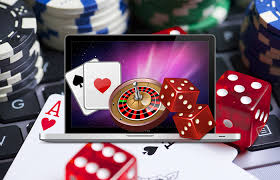
Welcome to the realm of slots and dreams at Slots Dreamer https://slotsdreamer.co.uk/, where every spin could lead to your next big win! In today’s article, we will take you on an engaging journey through this online gaming platform, highlighting its features, games, and the enticing experiences that await every player.
Introduction to Slots Dreamer
Slots Dreamer is an innovative online casino that caters to both novice and experienced gamers. With a visually striking interface and a wide array of games, the platform promises an immersive experience filled with excitement and opportunities. Whether you’re lounging at home or on the go, Slots Dreamer is designed to meet your gaming needs with its mobile-friendly design.
The Diverse Range of Slot Games
At the heart of Slots Dreamer lies its extensive collection of slot games. The platform features a diverse range of themes, styles, and game mechanics that cater to various preferences. Players can choose from classic slots, video slots, and progressive jackpot slots, each offering unique features and bonuses.
Classic Slots
For those who appreciate simplicity and nostalgia, classic slots are a perfect choice. These games typically feature three reels and basic symbols, reminiscent of traditional mechanical slot machines. With straightforward gameplay, classic slots provide a quick and enjoyable experience without the complexity of advanced features.
Video Slots
Video slots, on the other hand, bring a modern twist to the traditional format. They often include five or more reels, immersive graphics, and captivating storylines. Many video slots incorporate special features such as free spins, bonus rounds, and wild symbols, making each game a unique adventure. The creative themes range from mythology to movies, ensuring that there’s something for everyone.
Progressive Jackpot Slots
If you’re dreaming of hitting it big, progressive jackpot slots might be the way to go. These games accumulate a portion of the bets made by players, leading to jackpots that can reach life-changing amounts. With every spin, the thrill of potentially winning massive sums adds an extra layer of excitement.
Promotions and Bonuses
Slots Dreamer understands the importance of rewarding its players. To ensure an engaging gaming experience, the platform offers an array of promotions and bonuses that add value to your gameplay. New players are often greeted with generous welcome bonuses, which may include free spins or deposit matches. This gives you the opportunity to explore various games without significant upfront investment.

Loyalty Programs
Moreover, returning players can benefit from loyalty programs that reward them for their continued patronage. Points can be accumulated and redeemed for various prizes, ranging from free spins to exclusive bonuses, enhancing the overall gaming experience.
Seasonal Promotions
Slots Dreamer frequently updates its promotions to keep things fresh and exciting. Whether it’s holiday-themed bonuses or tournaments, there are always opportunities to boost your bankroll. Keep an eye on the promotions page to stay informed about the latest offers!
User Experience and Interface
One of the standout features of Slots Dreamer is its user-friendly interface. The website is designed for seamless navigation, allowing players to easily find their favorite games, check their bonuses, and access customer support. The sleek design combined with eye-catching graphics makes for an enjoyable browsing experience.
Security and Fair Play
When it comes to online gaming, safety is a top priority. Slots Dreamer employs advanced security protocols to ensure that player information is protected at all times. The site utilizes SSL encryption technology to safeguard personal and financial data, thereby providing a secure gaming environment.
Additionally, all games on the platform are regularly tested for fairness and randomness, ensuring that players have a fair chance of winning. Slots Dreamer is committed to responsible gaming and encourages players to gamble responsibly, providing resources for those who may need assistance.
Payment Methods
Slots Dreamer supports a variety of payment methods to cater to the diverse needs of its players. Whether you prefer credit cards, e-wallets, or bank transfers, there are numerous options available for deposits and withdrawals. The platform ensures that transactions are processed swiftly and securely, allowing players to focus on what matters most: enjoying their games.
Customer Support
Another testament to Slots Dreamer’s commitment to player satisfaction is its professional customer support. The dedicated support team is available to assist players with any inquiries or issues they may encounter. Whether you have questions about your account, games, or promotions, customer service representatives are just a click away. Support is typically available through various channels, including live chat, email, and sometimes, even telephone support.
Conclusion
In conclusion, Slots Dreamer stands out as an excellent choice for anyone looking to explore the captivating world of online slots. With a rich collection of games, exciting promotions, and a commitment to player safety, it has everything needed for an unforgettable gaming experience. So, why wait? Head over to Slots Dreamer and start spinning your way to exciting wins today!


